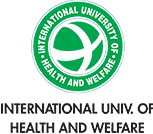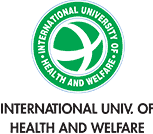EARLY DETECTION OF STROKE AND CANCER USING MRI AND WHOLE-BODY MRI DWIBS
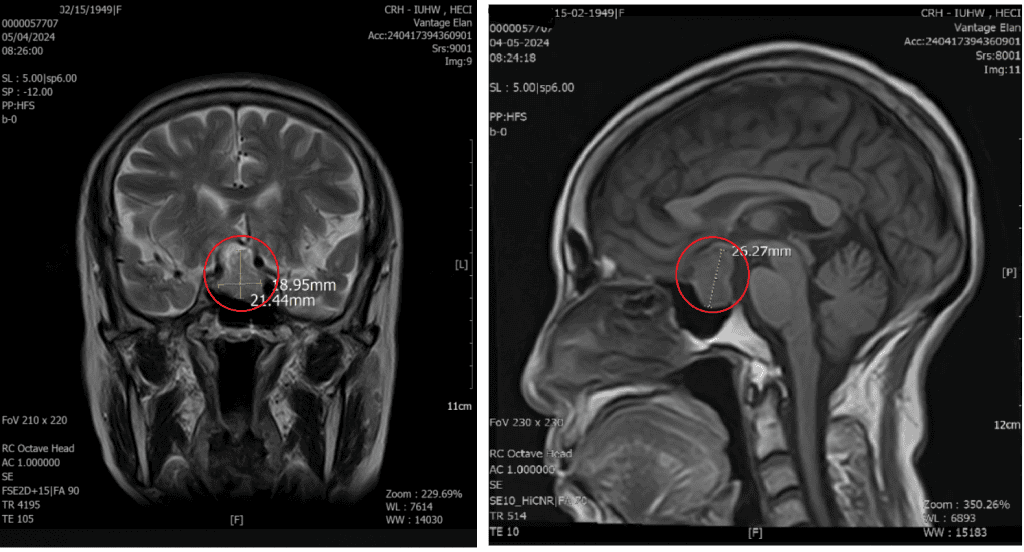
What is MRI?
MRI (Magnetic Resonance Imaging) is a method that uses strong magnetic fields (magnetism) and radio waves to create detailed images of the inside of the body. This method does not use X-rays, so it does not cause radiation exposure, allowing patients to feel safe during the procedure.
What is DWIBS?
DWIBS (Diffusion-weighted Whole-body Imaging with Background Suppression) is a technique used for whole-body MRI scanning. DWIBS can be used to screen for cancer and metastases throughout the body. Studies have shown that DWIBS is effectively applied in the screening of certain cancers, diagnosing metastasis, and monitoring disease progression.
Compared to PET-CT, whole-body cancer screening with MRI is expected to be highly effective in cancer detection.

Image 1: Female patient, 75 years old, during a general health check-up incidentally found a thyroid gland tumor, size 26x21x20mm.
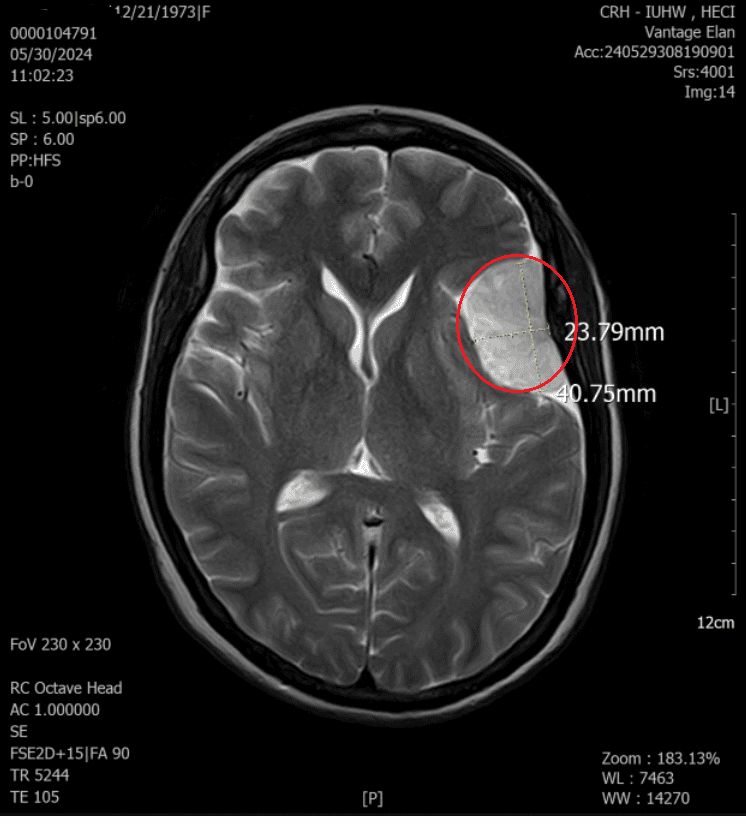
Image 2: Left-sided brain meningioma in a 51-year-old female patient, detected via brain MRI, tumor size approximately 24x41mm, causing midline shift.
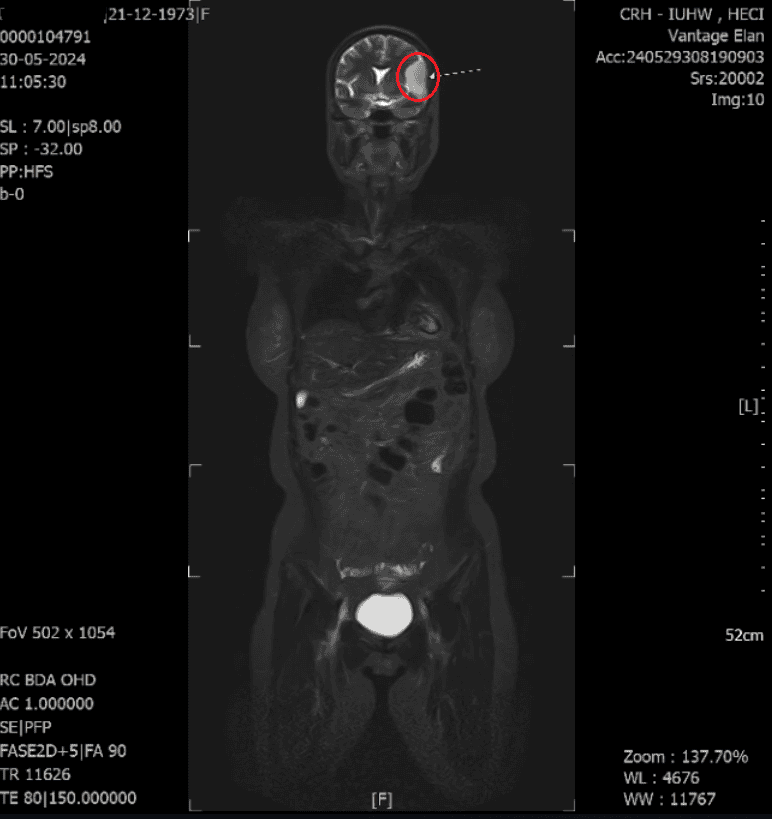
Image 3: Whole-body MRI image (DWIBS) also detected a left-sided brain meningioma.
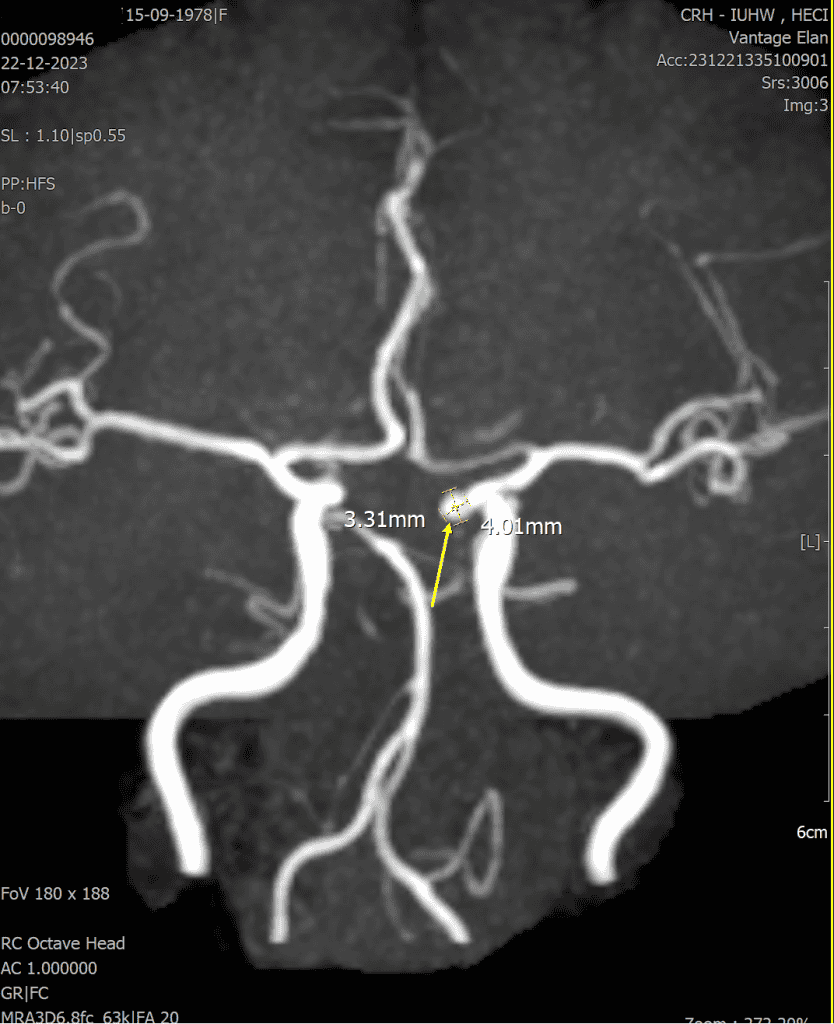
Image 4: Image of an intracranial aneurysm sac in the left cavernous sinus, size approximately 4x3mm in a 46-year-old female patient, incidentally found without any symptoms.
Advantages of DWIBS compared to PET-CT:
- No radiation exposure
- No injection required
- No dietary restrictions Short examination time (30-40 minutes)
- Normal activities can be resumed after the examination
- Diabetic patients can undergo the examination (no insulin restrictions)
- Much cheaper cost
Cases where DWIBS cannot be performed
Individuals with pacemakers, metal fragments, bullets, foreign bodies, or implanted devices due to surgery should consult with a doctor before undergoing this technique.
- DWIBS was first researched in Japan in 2004 and is still relatively new in Vietnam.
- The HECI Center is the first facility in Vietnam to apply this technique for cancer screening.
- For more details, please contact us at 028 3622 2022 for consultation.

